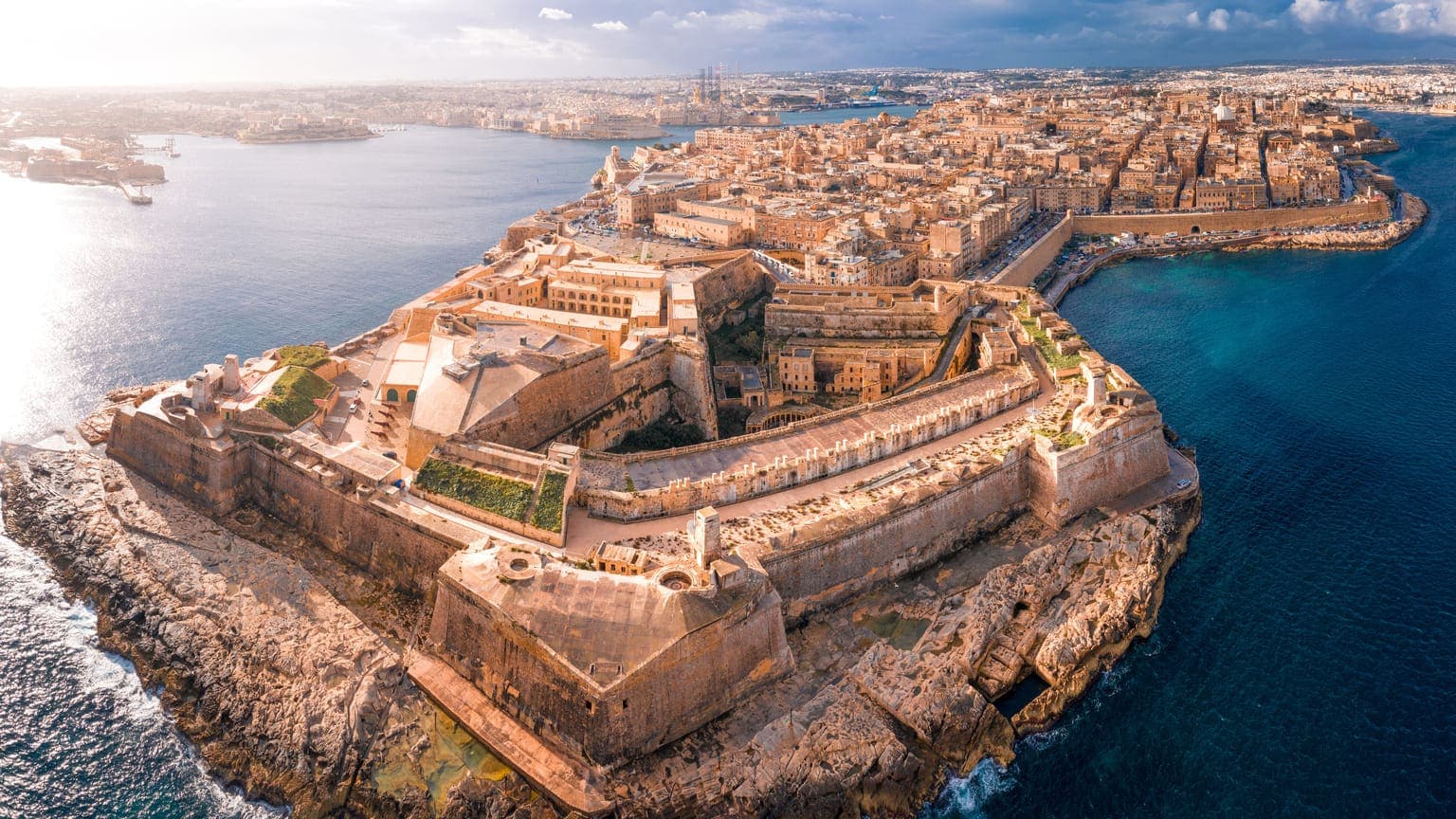Today, about 10 thousand British citizens live in Malta. These are employees of representative offices of British companies and institutions and their families.
Malta will provide UK citizens with the opportunity to obtain a residence permit for up to 10 years.
EU citizens are now free to visit the UK. For EU passport holders who live in the UK, there is an established status scheme. For young people from Europe there are preferential rates in universities of the United Kingdom.
EU citizens may lose these preferences. Malta’s policy is to preserve these ties.
Now between the two states there are health agreements that allow citizens to receive free medical care. For example, in the UK, Maltese children are being treated for cancer - earlier we said that the Malta government pays for their living from the Development Fund.
The Government of Malta is discussing pension and tax programs for immigrants from the UK.
British citizens who apply for Malta tax status through the High Net Worth Individuals and Residency Program will be able to continue to pay taxes at a rate of 15%.
Malta is pro-British and seeks to conclude bilateral agreements. This increases the chances of preserving the former rights of Malta citizens in the UK: visa-free travel, preferential studies at universities. Most likely, the holders of a Malta passport will retain freedom of movement.






